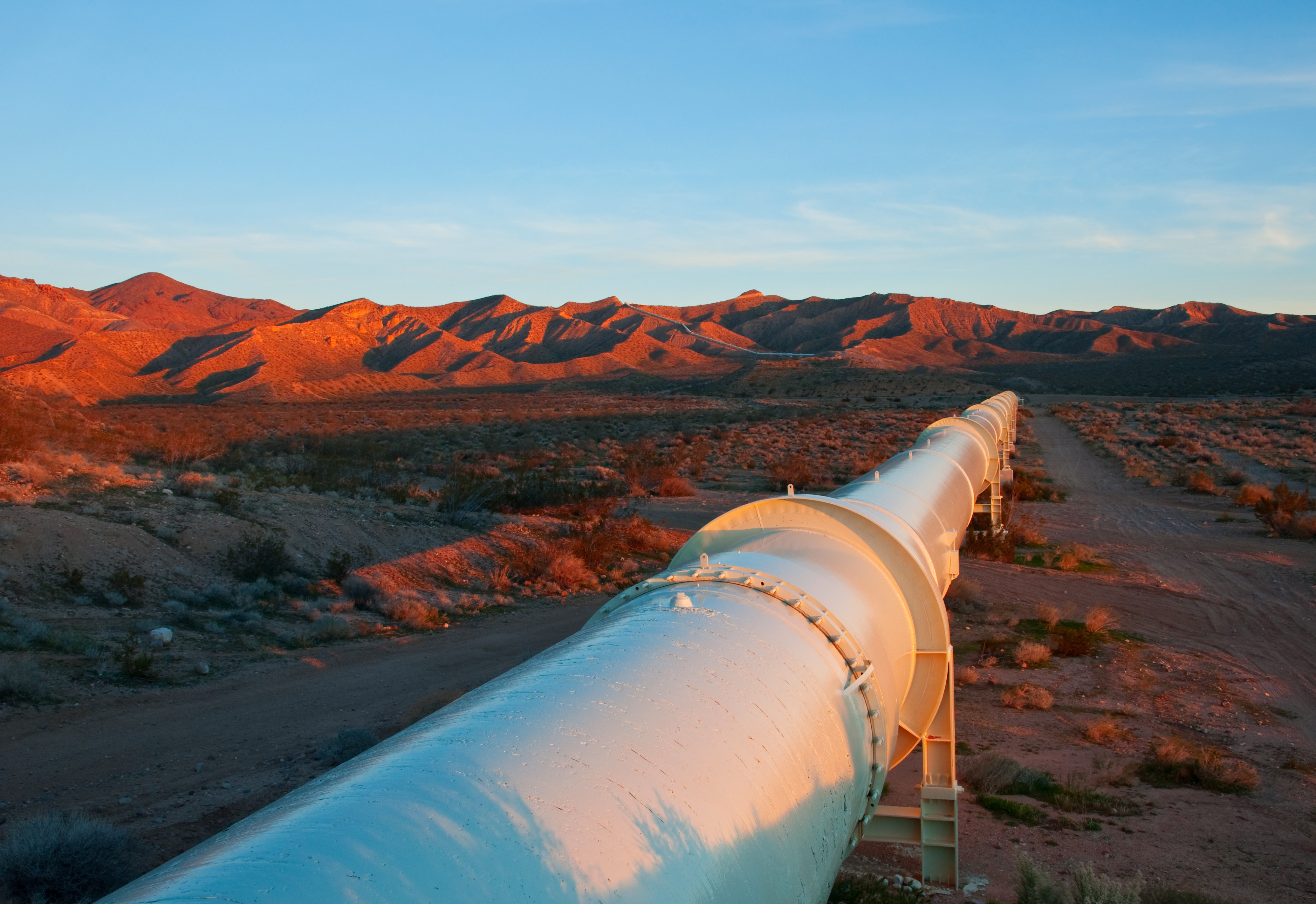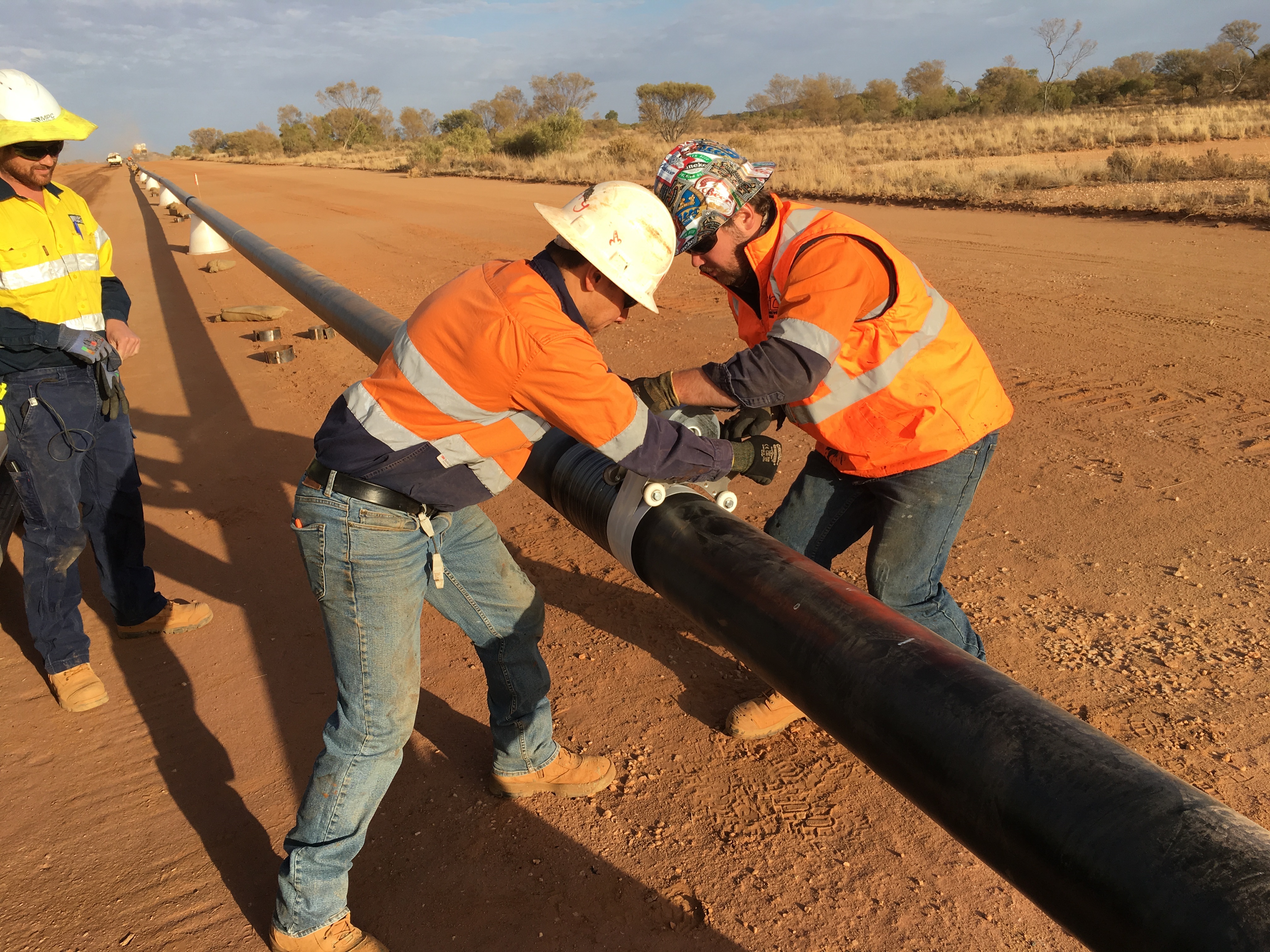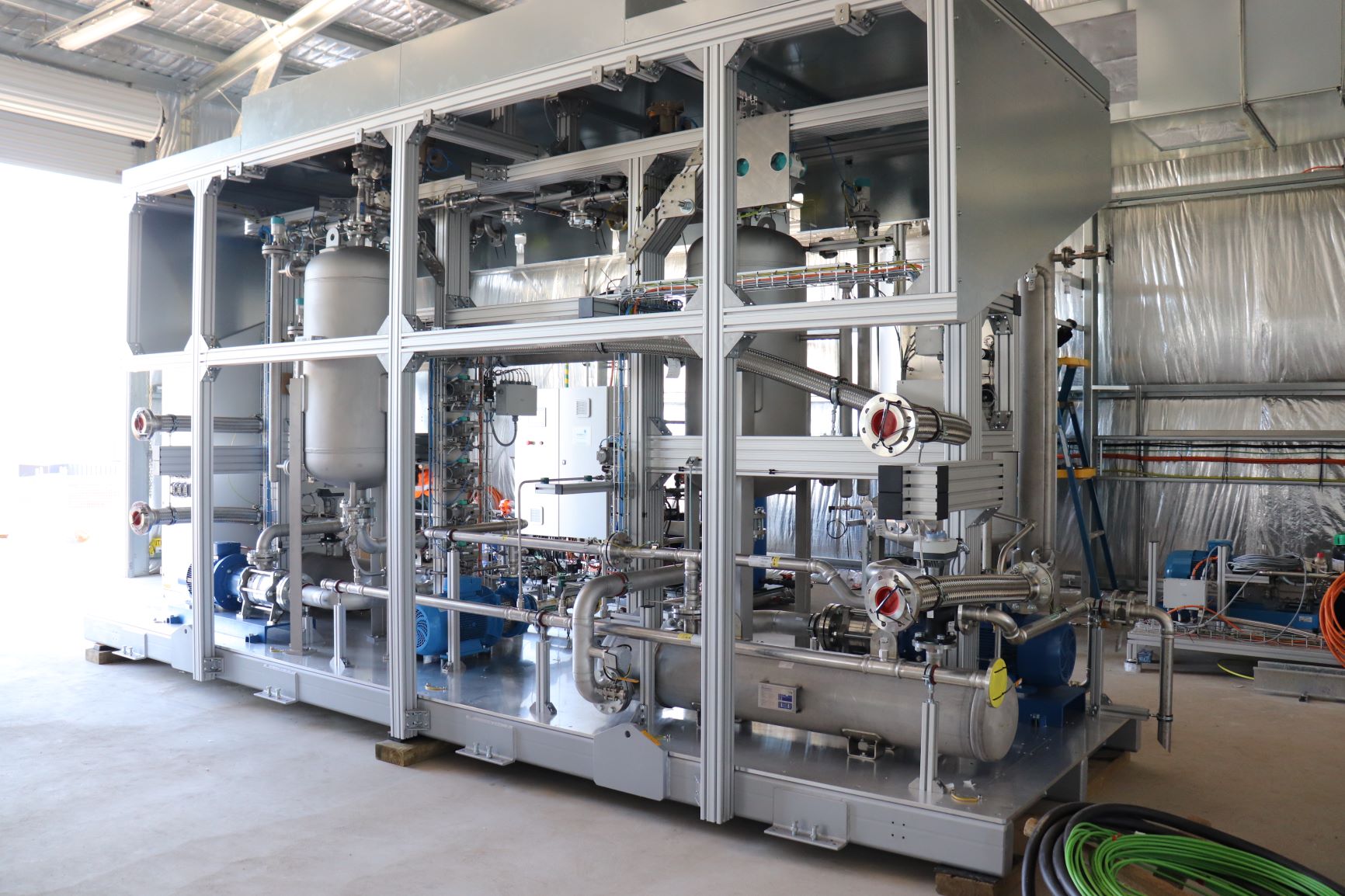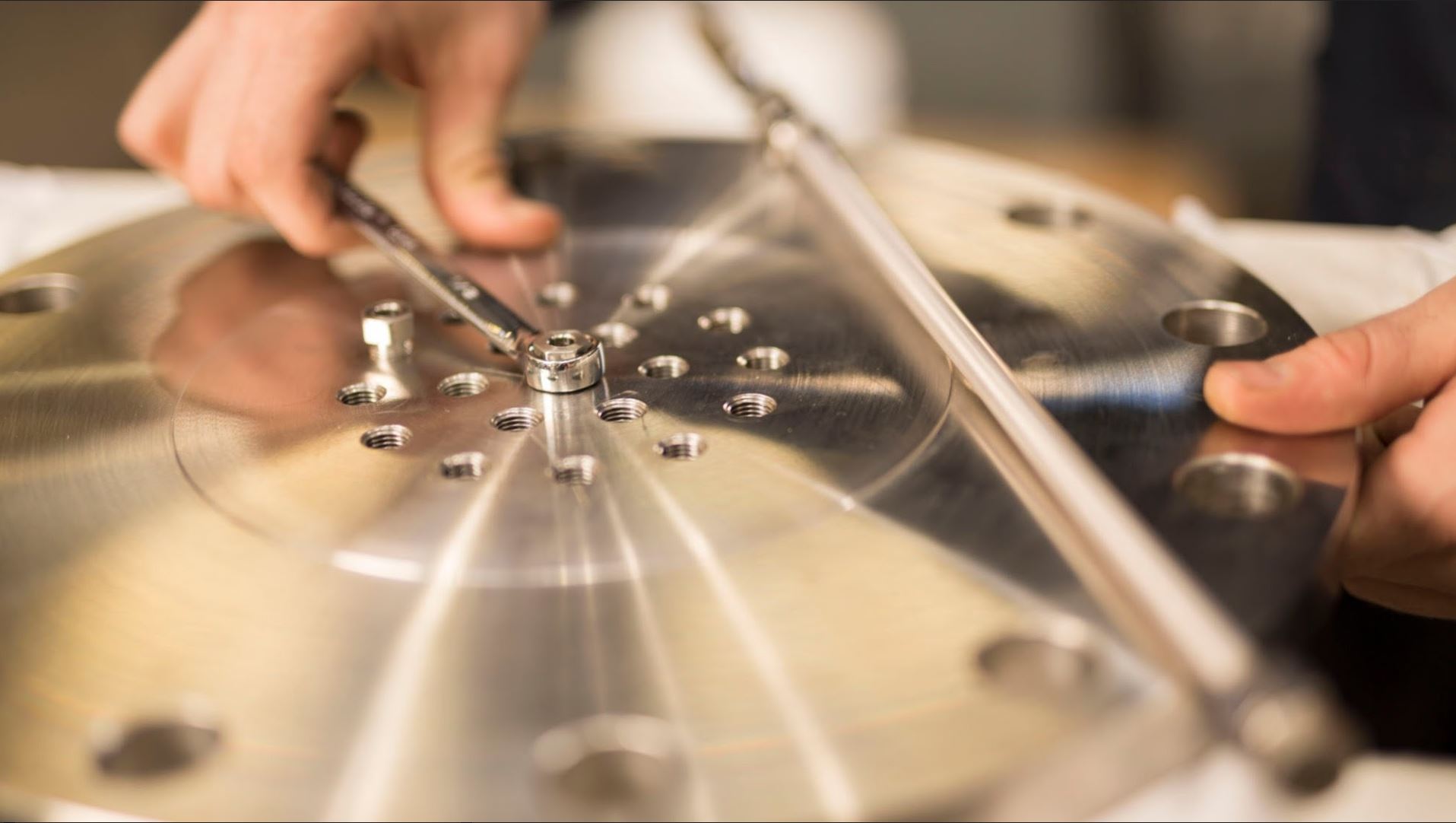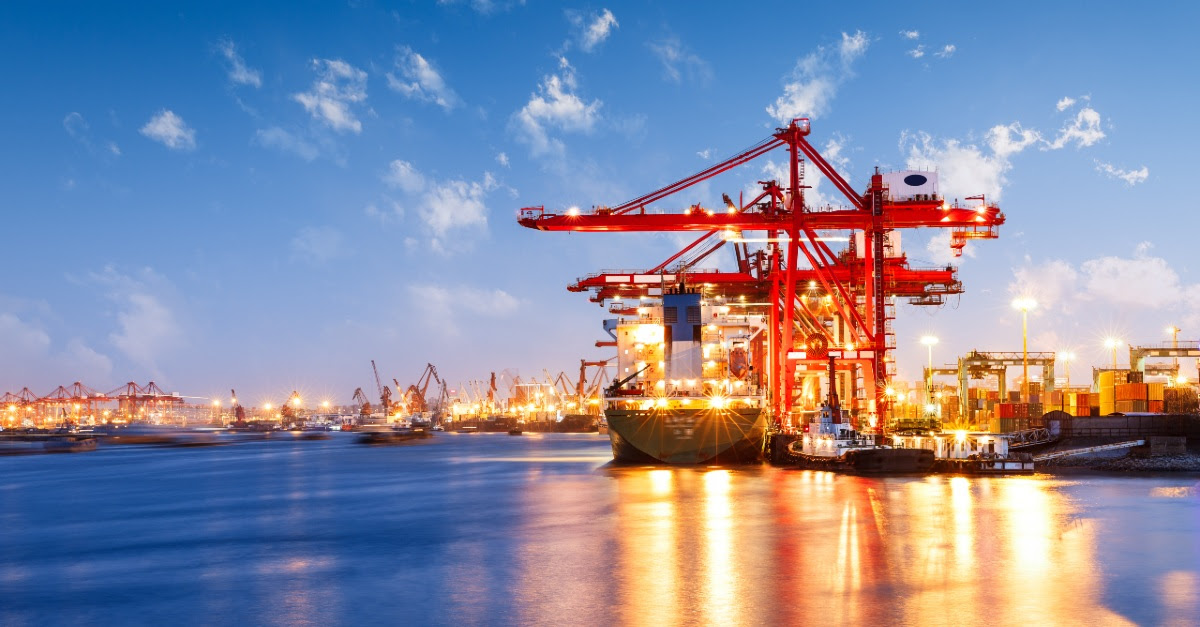Australia’s first potential conversion of a gas transmission pipeline to a pure hydrogen service is a step closer with leading Australian energy infrastructure business, APA Group, successfully completing laboratory testing of Parmelia Gas Pipeline materials in a pressurised hydrogen environment.
APA’s research is testing the ability of a 43-kilometre section of the Parmelia Gas Pipeline in WA to carry up to 100% hydrogen.
Completion of the second phase of research, partly funded by the WA Government’s Renewable Hydrogen Fund, has successfully shown the existing 43-kilometre section of steel transmission pipeline can technically transport pure or blended hydrogen through the pipeline without reducing the operating pressure.
APA Group CEO and Managing Director Adam Watson said this was an exciting milestone in Australia’s energy transition as we move closer to hydrogen becoming a core part of the nation’s future energy mix, particularly for industrial customers.
“Our research indicates that it’s technically feasible, safe and efficient to convert the 43-kilometre section of the Parmelia Gas Pipeline into a 100% hydrogen service – this would be an Australian first,” Mr Watson said.
“This research is very encouraging as it suggests there could be potential for our existing gas transmission pipeline network to play an important role in connecting hydrogen production hubs to industrial sites across the nation.
“APA’s 15,000 kilometres of gas pipelines are linked and adjacent to some of Australia’s best geographical areas for both blue and green hydrogen production. This research provides us with the knowledge that can be used to assess the potential future role they could play in providing a hydrogen supply service.”
The primary objective of the APA research is to understand and quantify the effect of hydrogen on a section of Parmelia Gas Pipeline material, so the safety and operating efficiency of the pipeline can be adequately assessed.
Off the back of this research, APA has also developed a Pipeline Screening Tool that provides a high-level assessment of the hydrogen readiness of its pipeline assets, based on key pipeline material and operating characteristics.
“When we take the findings of this research and apply it across our network, initial assessments using the Pipeline Screening Tool indicates there is a high likelihood that around half of APA’s natural gas pipeline assets could be used for hydrogen transportation, in 100% pure or blended form, with no, or small, changes to their current operating profile.
“For the remainder of APA’s pipelines, which consist largely of high strength steel pipelines operating at higher pressure, further research and materials testing will be required to determine if any changes in operating pressure are needed to maintain pipeline integrity whilst transporting hydrogen.
“Following the application of the Pipeline Screening Tool, detailed assessment and testing would then need to be undertaken of each specific asset, as well as the equipment of our customers.”
The research is now able to progress to phase three, which includes detailed safety studies and conversion plans, ahead of moving to the delivery phase.
The detailed conversion plans will consider preparing the 43km section of the Parmelia Gas Pipeline for hydrogen service, including any modifications to ancillary equipment such as above-ground facilities, and investigating supply and offtake arrangements required to meet the needs of customers.
In parallel, to support this work is a Memorandum of Understanding (MoU) between APA and Wesfarmers Chemicals, Energy and Fertilisers (WesCEF), signed in May 2022, to undertake a pre-feasibility study to assess the viability to produce and transport green hydrogen via the Parmelia Gas Pipeline to WesCEF’s production facilities in Kwinana.
The pre-feasibility findings are promising, with the results demonstrating that the Parmelia Gas Pipeline study area is likely to be suitable for green hydrogen development. APA and WesCEF are now considering whether to progress to a feasibility study.
“There is real momentum behind this project with the success of both the hydrogen testing on the section of pipeline and the pre-feasibility study to produce and transport hydrogen,” Mr Watson said.
“With billions of dollars invested in gas infrastructure across the country, it makes sense to look at ways to use our existing energy infrastructure to support Australia’s transition to a low carbon future, and to help our customers realise the potential market opportunities that exist for hydrogen.
“Our support for the development of a hydrogen industry is an important pillar in our ambition for a lower emissions future. At the same time, it is an example of how we are actively exploring ways to reduce and avoid our own emissions.”
The pressurised hydrogen testing was undertaken at Australia’s first dedicated test hydrogen laboratory at the University of Wollongong, in partnership with Future Fuels Cooperative Research Centre (CRC).
Knowledge created through the Parmelia Gas Pipeline conversion project is supporting the development of Australian standards for hydrogen pipelines.
Transmission of hydrogen at scale is critical to delivering the hydrogen ambitions of Australian governments, both federal and state, and to achieving the country’s long-term net zero commitments. For example, the WA Government recently announced plans for hydrogen to comprise one per cent of the state’s main electricity network, the South West Interconnected System (SWIS), as an important first step in the development of a broader Renewable Hydrogen Target.

